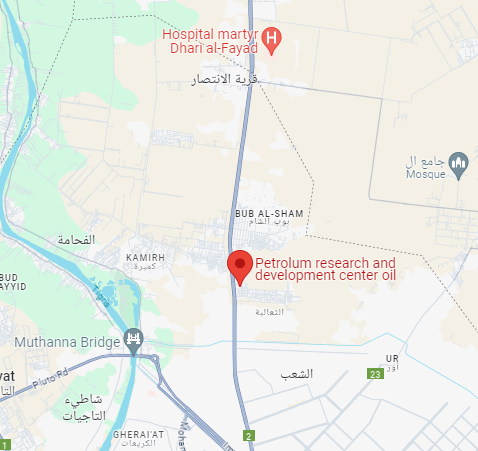Decreasing the Tendency of Water to Form Scale and Corrosion in Cooling Towers – South Refineries Company (SRC) – Iraq
DOI:
https://doi.org/10.52716/jprs.v11i2.512Keywords:
SRC, CaCO3 Precipitation, RO, LSI, TDS, Corrosion.Abstract
Scale formation and corrosion phenomena are major technical problems at Basra Refinery/ South Refineries Company (SRC). These technical problems are concentrated in cooling towers which are used to supply cooling water to the processing units. The Scales and corrosion products precipitate inside cooling units, heat exchangers and pipeline networks affecting negatively efficiency of refinery’s equipment. In this work, a real plant data was collected from four cooling towers which is supplied the coolant to the crude distillation units of the refinery and also from the raw water supplier. The collected data was fitted by Langelier model to predict the tendency of cooling water for scale forming and activation of corrosion. The obtained result shows that the cooling water has a tendency to form scale (CaCO3 Precipitation) at cooling tower units. Also the feed water has the same tendency for scale forming.
After analyzing the LSI (Langelier Saturation Index) results, the research team recommends the particular company to overcome this problem by installing a Reverse Osmosis (RO) plant for treating raw water to decrease the concentrations of total dissolved solids (TDS) which result scale and corrosion in the parts of cooling tower as an option to solve the problem.
Downloads
Published
How to Cite
Issue
Section
License
Copyright (c) 2021 Thabit Abbas, Qays M. Ammouri, Thikra Shihab, Ola Jabur

This work is licensed under a Creative Commons Attribution 4.0 International License.














